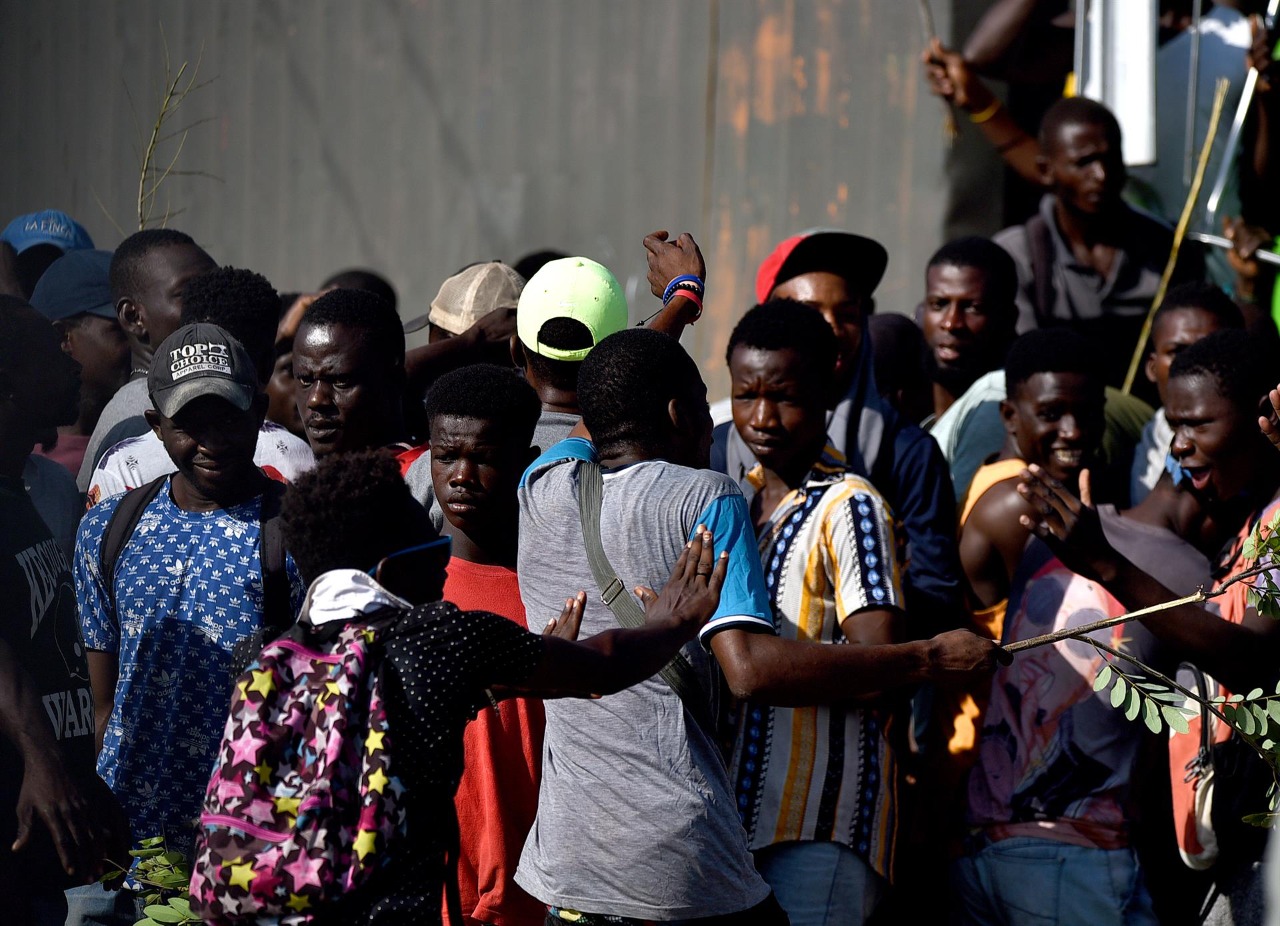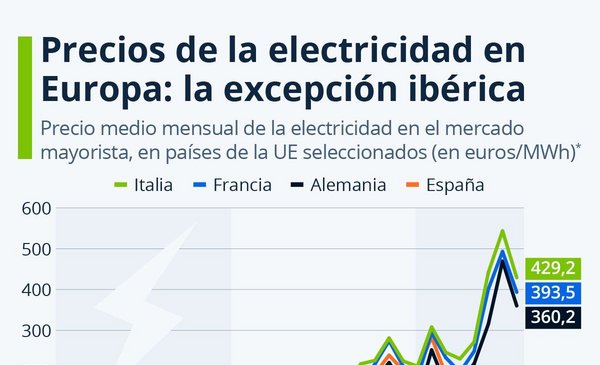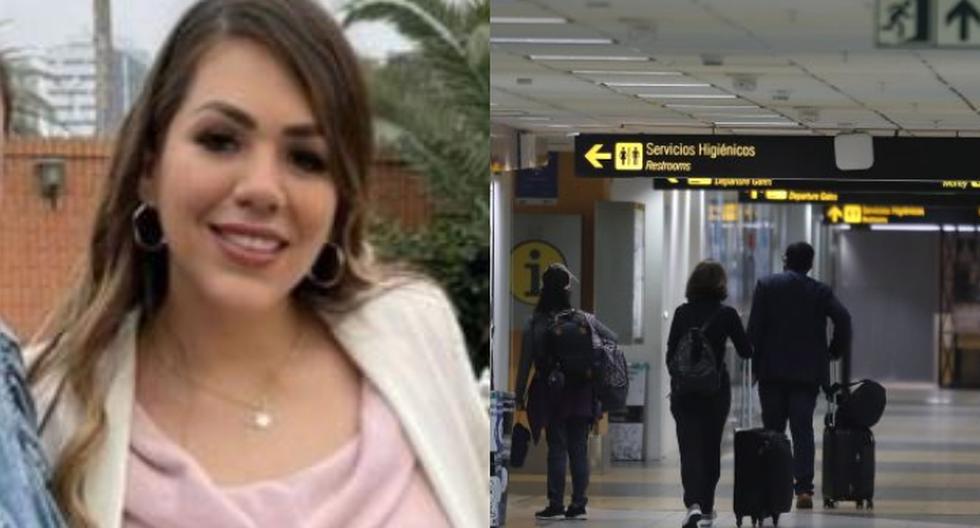Prince Port.- The protests took place this Friday in Haiti against a possible intervention, after the UN Security Council unanimously adopted a resolution imposing sanctions and an arms embargo on the gangs.
With signs bearing slogans like “Down with the UN» or «Down with the foreign occupation», hundreds of Haitians walked the streets of Port-au-Prince, between burning tires and shouts against a possible intervention.
If in past days the demonstrators launched messages against the United States and in favor of Russia, today the anger was directed especially against the United Nations.
“Down with BINUH, down with the UN, down with the Core Group,” could be read on banners with handwritten slogans, alluding to the United Nations Integrated Office in Haiti (BINUH) and the group formed by ambassadors from several countries and representatives of the UN and the Organization of American States (OAS) initially established as a facilitating entity for the work of the United Nations Mission for the Stabilization of Haiti (Minustah, 2004-2017).
The protesters, enraged, affirmed that “the whites must not touch the land of Dessalines”, the father of the country, in reference to a possible foreign intervention.
These marches took place shortly after, despite initial reservations from Russia and China, the UN Security Council unanimously approved a resolution drafted by the United States and Mexico on the imposition of sanctions and an arms embargo on gangs. that keep Haiti blockaded.
The text also establishes the prohibition of travel outside the country to the leaders of these groups and the freezing of their bank assets.
On October 7, the Haitian government requested the support of an international armed force to unblock the main roads and ports and guarantee the free movement of water, fuel and medical supplies and, two days later, the UN Secretary General, António Guterres , proposed sending a “rapid action force” made up of military personnel from one or several countries to help the Haitian Executive regain control of Port-au-Prince from the gangs and unblock supplies.
These gangs, which control large areas of the country, including important infrastructure and communication routes, keep the main oil terminal in Port-au-Prince blocked, so that the activity of institutions, banks and hospitals is paralyzed, as well as the production and distribution of drinking water .
This occurs precisely when cholera has reappeared in Haiti and in the midst of an acute sociopolitical and economic crisis in the poorest country in the Americas.















